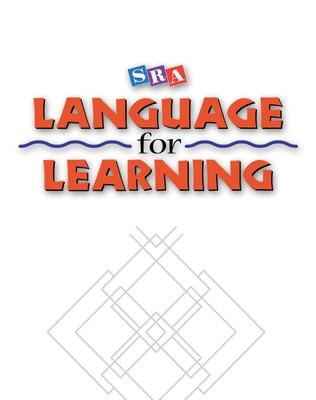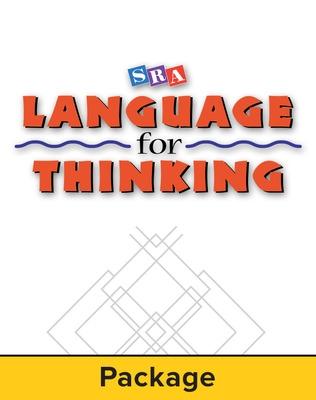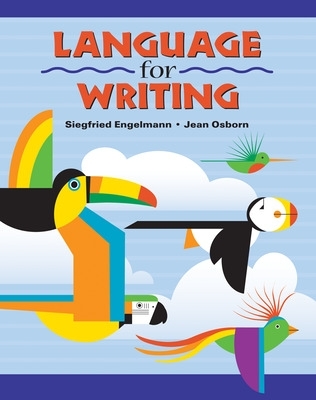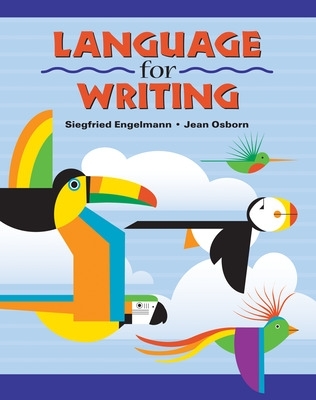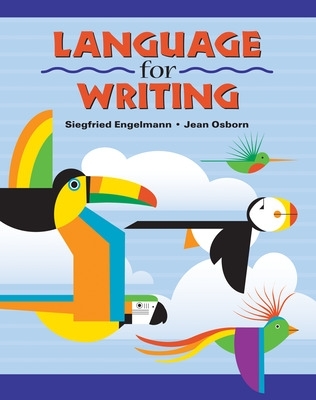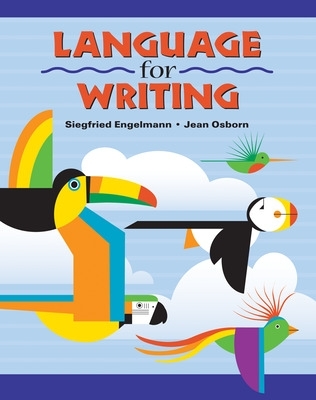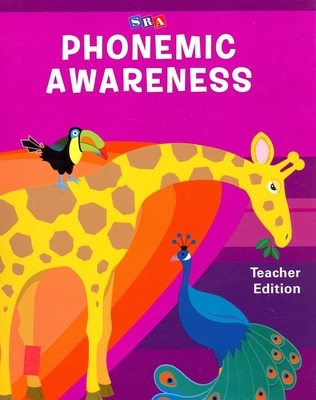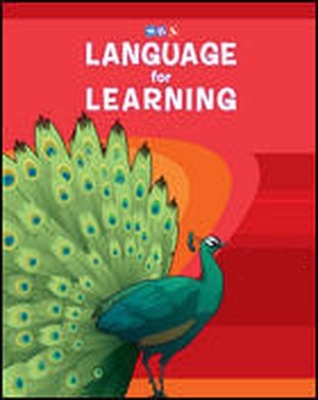DISTAR LANGUAGE
28 total works
Language for Learning is a comprehensive oral language program that teaches essential concepts and skills that children need to succeed in school. The program provides carefully sequenced lessons to help students:
- Learn vocabulary commonly used by teachers, as well as by textbooks and other instructional material
- Develop precise knowledge of "little," but important, words such as first, next, between, who, what, and where
- Use different sentence forms, ask and answer questions, and follow instructions
- Acquire important background information and world-knowledge, such as days of the week, months, and seasons
- Figure out the logical aspects of language, such as classification and "if-then" reasoning
Features:
- Thinking and Understanding are part of every lesson
- Carefully orchestrated lessons teach the language of classroom instruction
- Provides the building blocks for verbal and reading comprehension
- Opportunity for both group and individual practice of the content of the exercise
- Continuous integration and review of all the concepts and skills
- Original stories and poems to be read to the students
- Placement Test and 15 Program Assessments ensure that children are working on concepts appropriate for their ability
